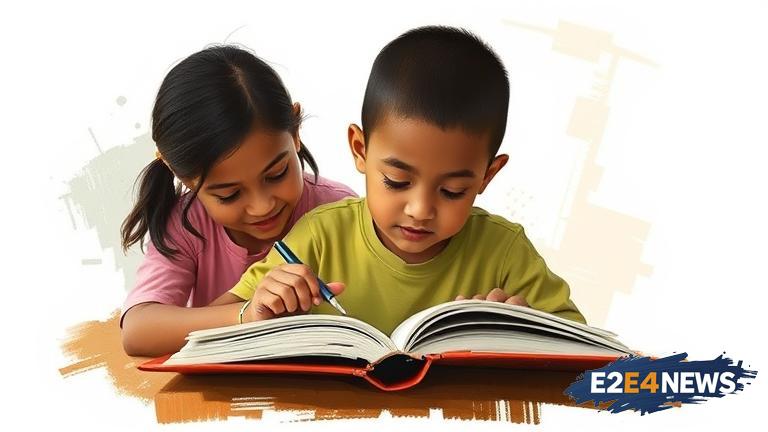Learning to read is a fundamental skill that has the power to transform lives and unlock new opportunities. When individuals acquire literacy skills, they gain access to a wealth of knowledge, enabling them to navigate the world with greater ease and confidence. This, in turn, can have a profound impact on their personal and professional lives, opening doors to new experiences, relationships, and career paths. Moreover, literacy has a ripple effect, influencing not only the individual but also their family, community, and society as a whole. As people learn to read, they become more informed, engaged, and active citizens, capable of participating fully in the democratic process and contributing to the betterment of their communities. The benefits of literacy extend far beyond the individual, with research showing that literate societies tend to be more prosperous, equitable, and just. In fact, studies have demonstrated that every dollar invested in literacy programs yields a significant return, generating economic growth, improving health outcomes, and reducing poverty and inequality. Furthermore, literacy has been shown to have a positive impact on mental and physical health, with readers experiencing reduced stress levels, improved cognitive function, and a lower risk of dementia and other age-related diseases. The emotional and psychological benefits of reading are also well-documented, with readers reporting increased empathy, self-awareness, and emotional intelligence. In addition, literacy plays a critical role in fostering social mobility, enabling individuals to break free from the constraints of poverty and limited opportunities. By acquiring reading skills, people can access better education, job training, and employment opportunities, ultimately improving their socio-economic status and that of their families. The impact of literacy on community development is also significant, with literate communities tend to be more cohesive, resilient, and adaptable. As individuals learn to read, they become more engaged in their communities, participating in volunteer work, community organizations, and local initiatives. This, in turn, can lead to the creation of stronger, more vibrant communities, where people feel connected, supported, and empowered to make a positive difference. The importance of literacy cannot be overstated, and it is essential that we prioritize reading skills in our education systems, community programs, and social policies. By doing so, we can unlock the full potential of individuals, communities, and societies, creating a more just, equitable, and prosperous world for all. The University of Florida’s recent study on literacy highlights the need for continued investment in reading programs, particularly in underserved communities where access to quality education and resources may be limited. The study’s findings emphasize the critical role that literacy plays in promoting social mobility, improving health outcomes, and fostering community development. As we move forward, it is essential that we recognize the value of literacy and work to create a society where every individual has access to the reading skills they need to succeed. By promoting literacy and providing opportunities for people to learn and grow, we can build a brighter, more sustainable future for generations to come. Ultimately, the power of literacy lies in its ability to transform lives, communities, and societies, and it is our collective responsibility to ensure that this transformative power is available to all. The study’s researchers emphasize that literacy is not just a fundamental skill, but a fundamental right, and it is our duty to protect and promote this right for the benefit of all. In conclusion, the impact of literacy on individuals and society is profound, and it is essential that we prioritize reading skills in our education systems, community programs, and social policies. By doing so, we can unlock the full potential of individuals, communities, and societies, creating a more just, equitable, and prosperous world for all.
